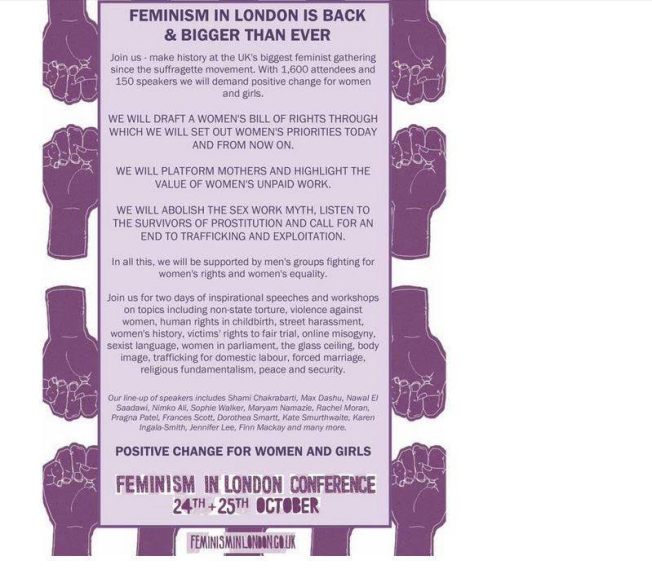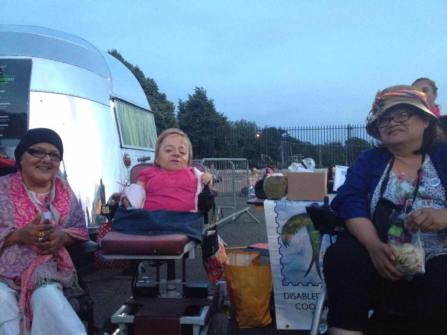Disability & Sex/uality
Workshop, Part 1
Sisters of Frida invites you to the first Disability and Sex/uality workshop on 19 September 2015 at Unity Church Hall, 1-5pm. This workshop is for self-identified disabled women who want to create a space to talk about disability, sex and sexuality.
The workshop
As disabled women we have a wide range of experiences, positive and negative, around disability, sex and sexuality. Disabled women are sexy, sexual, passionate, loving, caring, desirable, hot, beautiful, strong and much more! Our experiences of sexuality are also affected by different kinds of oppressions as ableism, racism, sexism, heteronormativity, classism and age.
This workshop is the first meeting of the project Disability and Sex/uality we are developing. In this workshop we will explore the different themes around sex and sexuality that arise from our experiences. We will also look at what we want to explore more and what work needs to happen to develop this project.
The project
The idea for this project arose from a screening of the documentary AccSex, which showed how a group of disabled women in India experience their sexuality. This project is part of Sisters of Frida. We are setting up this project out of a need to create a space where we can safely discuss our sexuality in a supportive and empowering environment.
Registration
The topics we will discuss can be sensitive, for this reason, please contact us directly to register and discuss participation as this will be a closed meeting: sof.disabilitysexuality@gmail.com. Note that places are limited, please get in touch as soon as possible. Deadline for registration is 6 September.
Accessibility and needs
The venue is wheelchair accessible. There is an accessible toilet, but without a hoist. There is a small room that people can use for quiet-time. Please get in touch as soon as possible if you need BSL, transcription or if you have other access needs. If you have any concerns or queries about the nature of what might be discussed in the workshop and how it could relate to your experiences, please get in touch. This is a peer-support group, we cannot offer professional support.
We look forward to hearing from you!
Date: 19 September 2015
Time: 1pm – 5pm
Where: New Unity Unitarians
Address: 277A Upper Street, Islington, London N1 2TZ
Contact: sof.disabilitysexuality@gmail.com
Deadline for registration: 6 September 2015
Accessibility: Please get in touch to discuss your needs



























